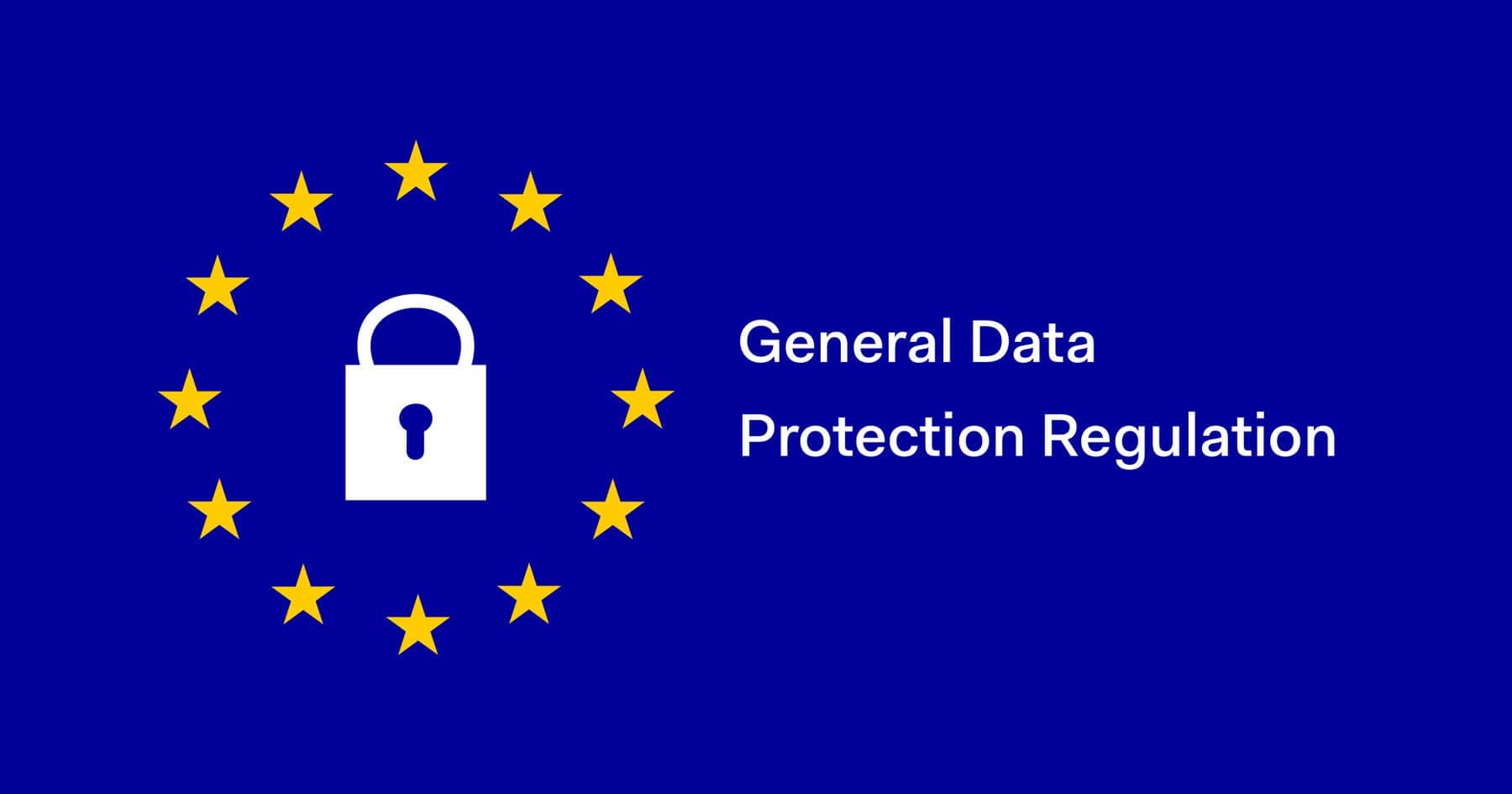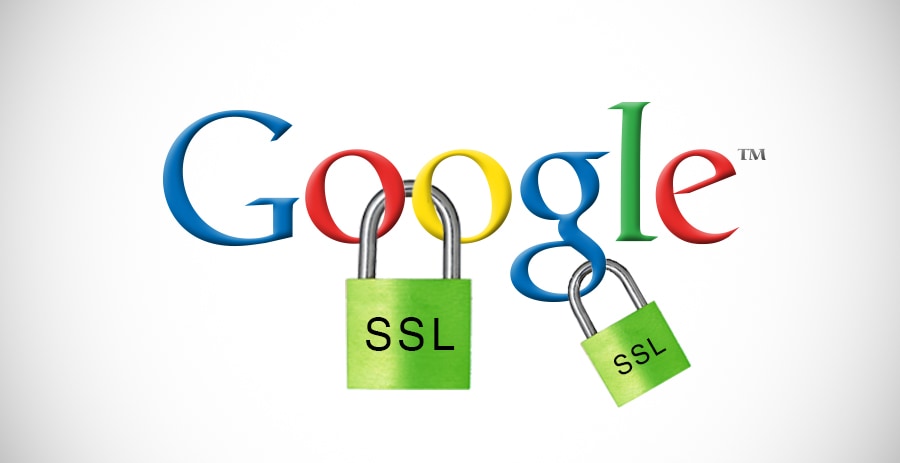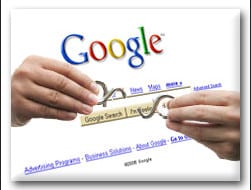








When was the last time you encountered a doorway pages in Google’s search results? Although this doesn’t happen very often, Google seems to think that doorway pages are still an issue. In the official Google blog, Google announced a new penalty for doorway pages. Here in the UK the term “doorway pages” might not be often used so:
According to Google’s announcement, doorway pages are pages that are created solely to gain advantage in the search engine results:
”For example, searchers might get a list of results that all go to the same site. So if a user clicks on one result, doesn’t like it, and then tries the next result in the search results page and is taken to that same site that they didn’t like, that’s a really frustrating experience.”
Google published a list of questions to help you determine if a web page could be regarded as doorway page:
If you can answer “yes” to any of these questions for any of your website pages, the chances are that Google will think that your page is a doorway page and it could be penalised.
Most of the things above also apply to landing pages that are used in Google AdWords (PPC) campaigns.
It has long been considered good practice to use individual landing pages for each ad group. Landing pages that have a strong connection to the ad text usually convert better than general landing pages.
Unfortunately, that’s not clear yet. Landing pages are good for pay per click campaigns but they are not suitable for organic search engine optimization (SEO). High rankings on Google and other search engines are the result of good on-site and off-site optimisation.
Tyler Consultants can help any Brighton or Sussex / Surrey based business succeed online – why not call us today on 01273 822755 or leave a comment below.
 In a post on Google+, Google’s Pierre Far announced the latest version of Google’s Panda update. How will this update affect the rankings of your web pages on Google? What can you do to make sure that your web pages get better rankings?
In a post on Google+, Google’s Pierre Far announced the latest version of Google’s Panda update. How will this update affect the rankings of your web pages on Google? What can you do to make sure that your web pages get better rankings?
Google’s ‘Panda’ algorithm is a filter that Google designed to penalize web pages with thin or poor content. If the content of a website has been copied from other web pages, or if the content has very low quality, it won’t rank well on Google.
Here’s Pierre Far’s official announcement:
“Earlier this week, we started a slow rollout of an improved Panda algorithm, and we expect to have everything done sometime next week.
Based on user (and webmaster!) feedback, we’ve been able to discover a few more signals to help Panda identify low-quality content more precisely. This results in a greater diversity of high-quality small- and medium-sized sites ranking higher, which is nice.
Depending on the locale, around 3-5% of queries are affected.”
If your website was penalised by the last Panda update, your rankings might recover if you have changed your web page content in the meantime.
If your rankings have recovered by recovered by October 5th, then you made the right changes. If not, you have to improve the content of your web pages to regain your former Google rankings.
If your website analytics show a significant traffic drop from Google, or organic search traffic in general, it might be that Google’s new algorithm has determined that your website content is not good enough – in terms of value added to the reader and relevancy.
In that case, you have to improve the content of your web pages to get better rankings.
Google’s Panda algorithm targets websites with low quality content. If you have a real website with real content that is totally relevant and adds value to your visitors, you won’t have to worry about this update.
If you would like to hear more about of SEO Services for Brighton & Hove businesses please leave a comment below or call us on 01273 328877
 Last week Google released a new algorithm update to intended to provide more useful, relevant and accurate local search results that are tied more closely to their traditional web search ranking signals. The changes will be visible within the Google Maps (Google My Business) search results and Google Web search results.
Last week Google released a new algorithm update to intended to provide more useful, relevant and accurate local search results that are tied more closely to their traditional web search ranking signals. The changes will be visible within the Google Maps (Google My Business) search results and Google Web search results.
Google have not yet given this latest algorithm a name but ‘Search Engine Land have called it the “Pigeon Update” The name Pigeon was used because this a local search update and pigeons tend to fly back home!
The core changes are behind the scenes and full details are not known, but it does impact local search results rankings and some local businesses may notice an increase or decrease in web site referrals, leads and business from the change.
Google advised that the new local search algorithm ties deeper into their web search capabilities, including the hundreds of ranking signals they use in web search along with search features such as Knowledge Graph, spelling correction, synonyms and more.
In addition, Google said that this new algorithm improves their distance and location ranking parameters.
The new algorithm is currently rolling out for US English results and aims to provide a more useful and relevant experience for searchers seeking local results. Google didn’t share any details about if and when the update would roll out more widely in other countries and languages, but it is always good to be up to date with what is happening in the world of SEO
Google has not commented on the percent of queries impacted by this algorithm update, nor if certain web spam algorithms were deployed in this update.
If you have any comments please let us know or call us on 01273 328877.